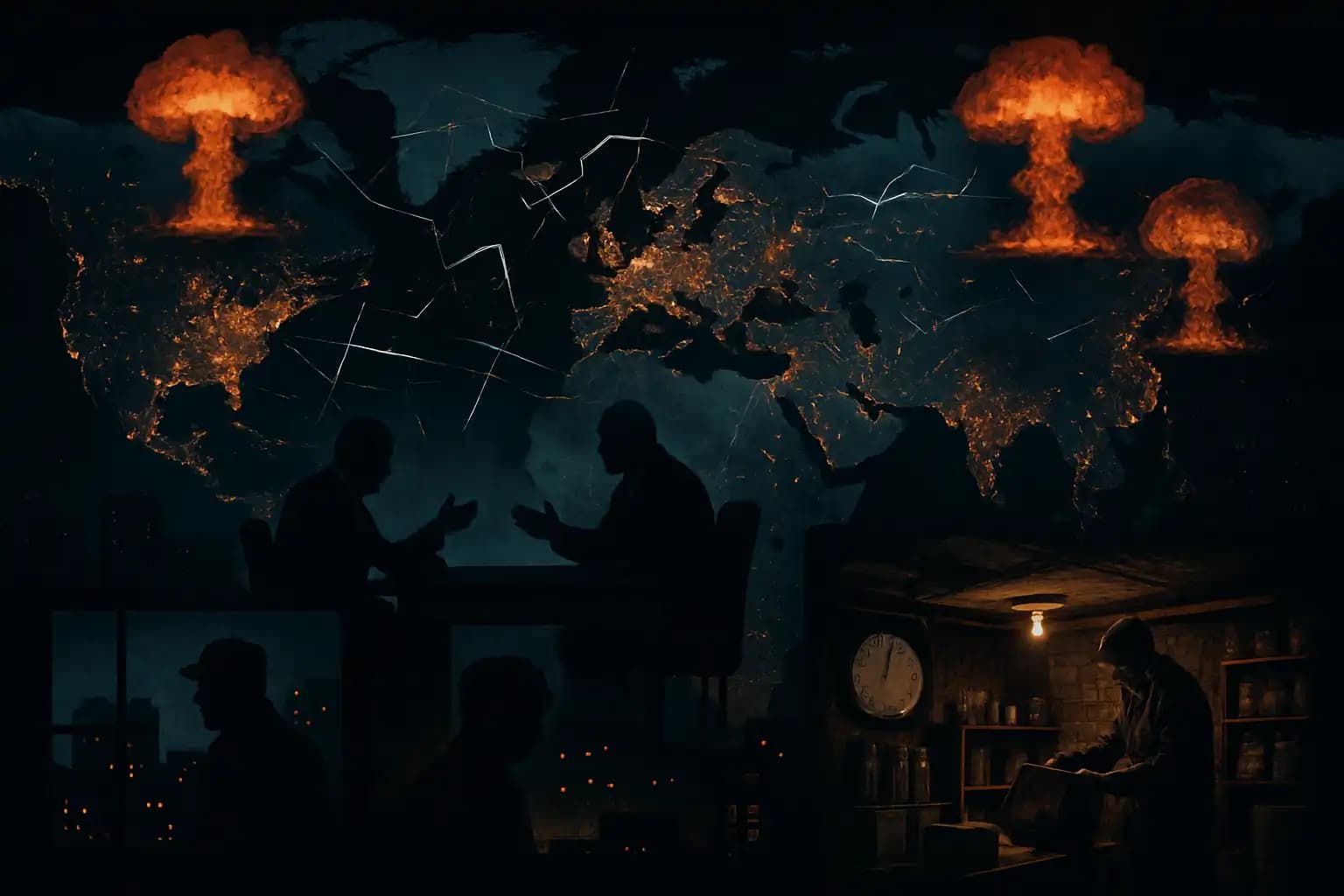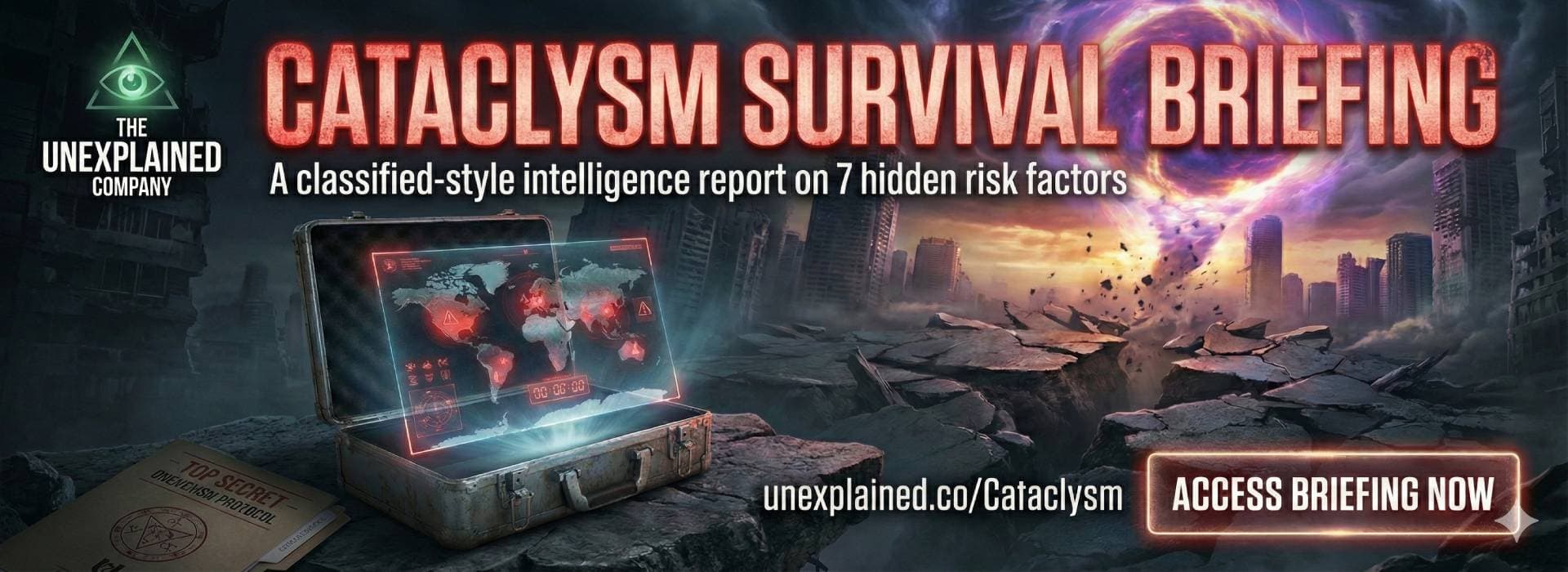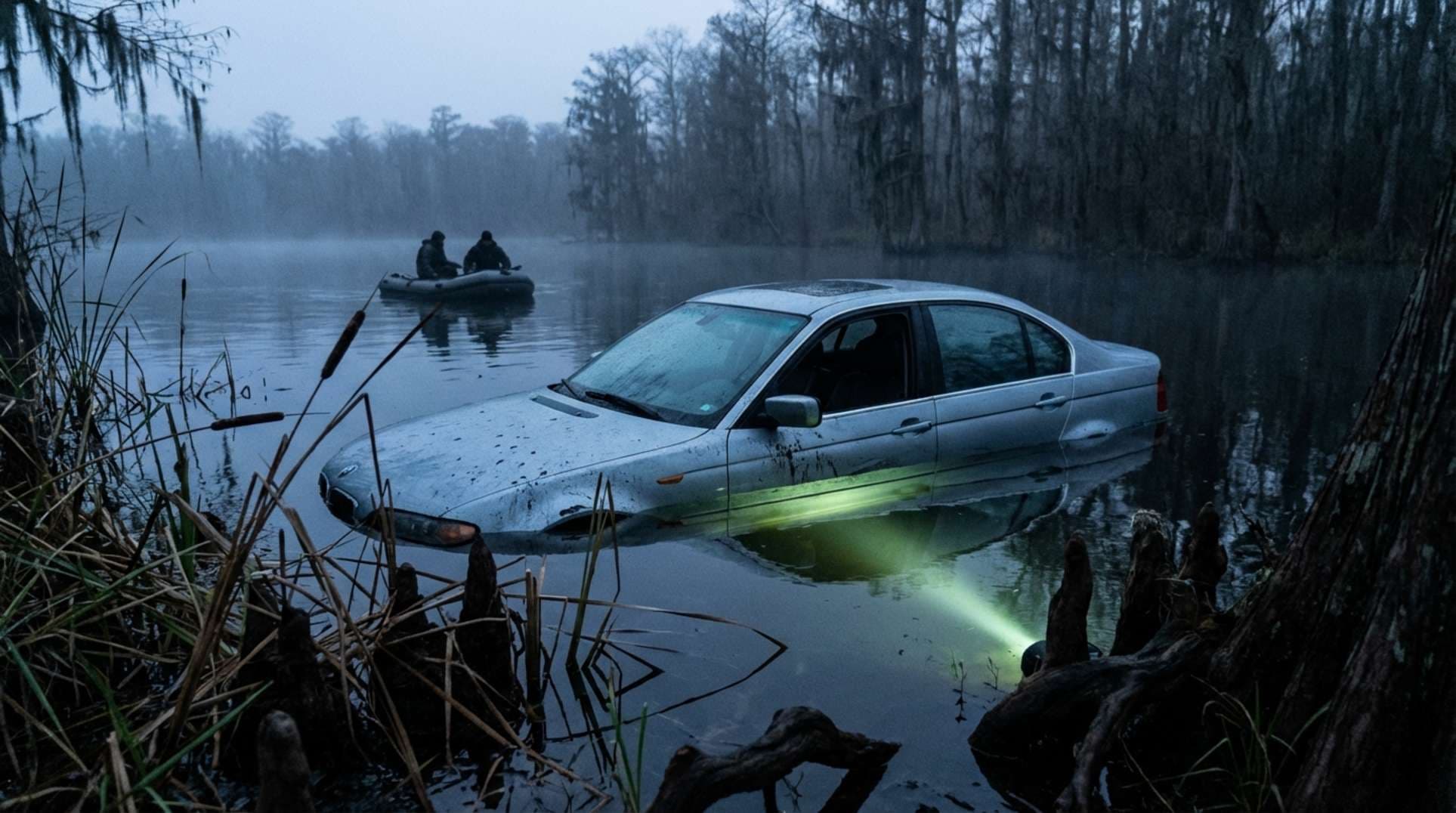When the last round of World War III negotiations failed, the world’s diplomats left empty-handed. A subtle tremor ran through every geopolitical fault line. Suddenly, ‘next phase’ became a countdown. Dr. Paul Craig Roberts outlines a dark logic in his briefings (Roberts analysis): with every failed negotiation, the odds of catastrophic conflict increase. This is no longer merely a fear of old-school Cold Warriors; it lurks beneath everyday headlines and midnight doomscrolling.
Recent diplomatic stalemates have done more than just stall peace; they’ve accelerated the arms race, heightened cyberwar, and made regional flashpoints, from Eastern Europe to the Pacific, more precarious than ever. The World War III Wikipedia summary emphasizes that deterrence only works as long as every player believes in the rules. Today, those rules look thoroughly shredded.
Failed Negotiations and Escalation: The Immediate Dangers
Negotiations act as circuit breakers; without them, friction points heat up. Recent cycles of failed talks have emboldened conventional saber-rattling and new forms of hybrid warfare. As analytical deep-dives from conflict hotspots show, breakdowns at the bargaining table can endanger global infrastructure and fragile economies. The result is a world on edge, where routine provocations—like cyber raids on power grids or missile drills near borders—risk triggering irreversible spirals.
Historical and contemporary military planning acknowledges that failed negotiations raise DEFCON statuses. This rings true even when deterrence seems tenuous due to eroded leadership credibility. Disaster readiness science indicates that preparation should begin before the first missile alert, at the first signs of GPS disruptions, media blackouts, and economic instability.
Global Flashpoints: Where Conflict May Ignite Next
Each unresolved negotiation represents potential catastrophe. Tensions are rising between nuclear-armed states; proxy wars spill over from forgotten corners of the map, and kinetic skirmishes can escalate rapidly. Analyses of regional hot zones, such as Russia’s Western borders or the Taiwan Strait, draw chilling parallels with historical near-misses. Recent failures in back-channel diplomacy have left the reset switch stuck on ‘escalate.’
This threat is not theoretical. Defense white papers and security think tanks agree on the risk factors: as the world’s superpowers posture and provoke, the margin for error narrows. Recent reports on solar-triggered infrastructure risks illuminate how natural chaos and man-made brinkmanship now intersect, compounding dangers for everything from data networks to food supply chains.
The Psychology of Collapse: Societal Fallout from a Breakdown in Diplomacy
War destroys and destabilizes public trust. As trust erodes and the news cycle darkens, conspiracy theorists and skeptics fill the void with apocalyptic projections—sometimes justified, sometimes not. The pervasive search for patterns in catastrophe can lead to self-fulfilling actions, such as bank runs or blackouts of digital information as a regime’s last resort. Moreover, bunker prepping has transcended the tinfoil-hat crowd: reports from the geomagnetic prepper community and survival forums surge with each policy failure.
The news features heated debates about emerging existential risks—AI accidents, pandemic policy, and nuclear escalation. Each crisis amplifies when dialogue dies and old safeguards collapse. When the next disaster strikes, society’s fraying fabric will be tested as never before.
Preparing for the Next Phase: Survival, Strategy, and Systemic Risks
The doctrine of mutually assured destruction looms in the war rooms, but recent leaks and military exercises reveal little faith that leaders will back down in a moment of crisis. This is why civil experts, alongside generals, urge individuals to plan for both short- and long-term disruptions: be it power, water, communications outages, currency shocks, or sudden changes in governance (see the latest breakdowns at disaster scenario analysis).
For those seeking to brace for systemic breakdown, resilience is crucial. Build diverse supply chains, maintain backups for everything, and foster local organization that can endure grid failures. Like all historical tipping points, this one will reward the prepared and punish the complacent. To stay updated on global crises and human survival, visit Unexplained.co. World War III may remain hypothetical, but failed negotiations can turn the apocalypse into a tangible reality.





